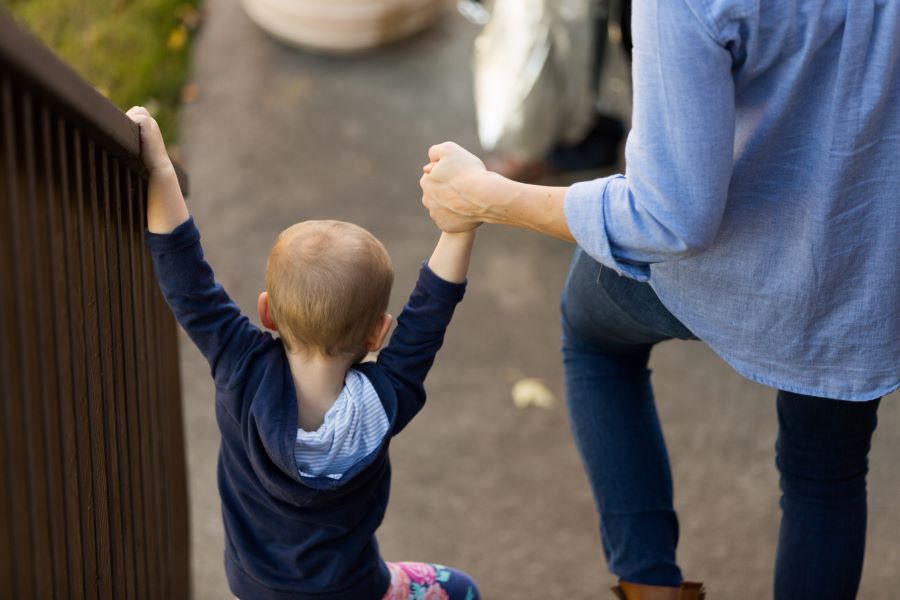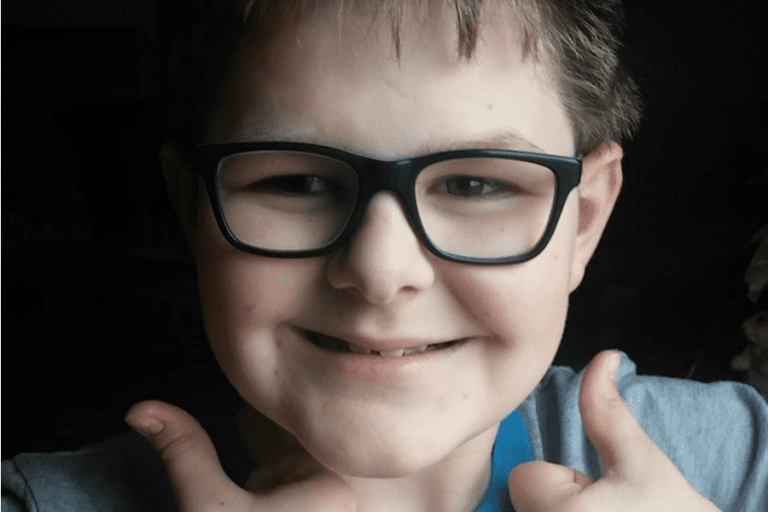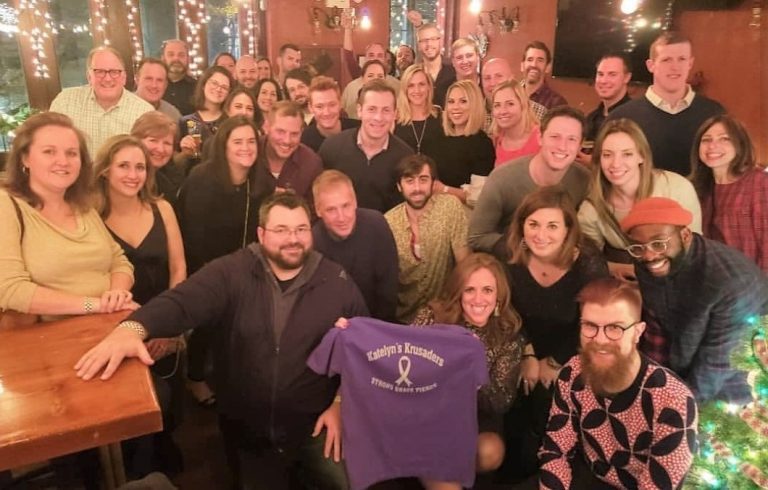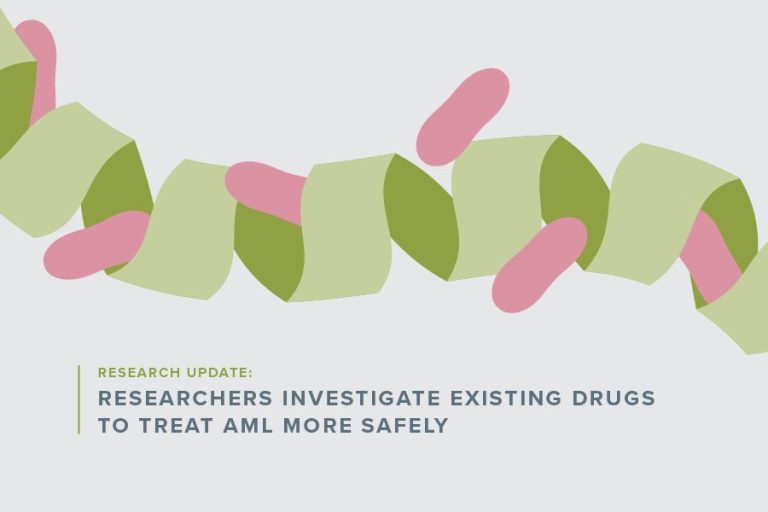Texas
Caroline de Gracia Lux , PhD at the University of Texas, Southwestern in Texas will use novel ultrasound technology to make acute lymphoblastic leukemia CAR-T cell treatment less toxic and improve the quality of life during treatment.
The problem: Currently, CAR T-cell immunotherapy is the best way to cure relapsed acute lymphoblastic leukemia, one of the most common cancers in children. Unfortunately, this type of therapy costs about $1 million, requires labor intensive manufacturing processes and often causes severe complications. Additionally, the use of viruses to insert genes introduces additional safety concerns including developing other cancers.
CAR T-cell manufacture occurs in an FDA controlled facility where the child’s t-cells are shipped and processed. Once completed, the engineered T-cells are returned and re-injected into the child. Altogether, the process spans at least several weeks between the time a patient is identified as needing this therapy and when the patient can receive it. Some patients do not survive this wait. And, in a fraction of patients, T-cells fail to expand, excluding this life-saving option.
How her research will help: Dr. de Gracia Lux will use CCRF funding to improve current CAR T-cell immunotherapy using tiny microbubbles. These microbubbles are similar to those that have been safely used in the clinic for over 20 years, “The CAR-T’s clinical success earned it FDA approval, despite its many shortcomings. We are proposing to use ultrasound to safely drive the CAR gene from the microbubble surface into the T-cell so the cells can begin manufacturing the surface protein and begin killing cancer cells,” she said.
Her approach would occur entirely in the patient’s body without outside processing as it would only require the injection of tiny microbubbles pre-loaded with the CAR gene and targeted to T-cells.
“Should we be successful, we would avoid the use of viruses, eliminate T-cell manipulation and the associated high cost, and more importantly, begin therapy immediately without delay,” she said.
Dr. de Gracia Lux thinks this could be a game changer. “The method is so easy it could be applied to other diseases,” she said. “As a mom, I am passionate about this project because it allows me to use my experience, skill and the support of my multidisciplinary team to try to make an impact on the health of children. Generating CAR T-cells in vivo would be revolutionary with the promise of improved care and quality of life of children afflicted with ALL.”
Your Support Makes Research Possible
Without the generosity of donors, researchers like Caroline de Gracia Lux can’t move their big ideas forward. Your gift speeds up the pace of discovery, bringing better treatments to the kids who need them.




